State system
AXIODEMY is the value of people
SSC (Supreme Supervisory Council)
The Supreme Supervisory Council is a state body in the Axiodemy system the purpose of which is to filter of elected members of legislation authorities on the basis of professional and personal qualities, theoretical knowledge, practicality and rationality of thinking and also in the sphere of jurisprudence and many other directions.
The SSC has no feedback from public authorities - legislative, executive and judicial branches, and is engaged in organizing the testing and control of the activities of public authorities.
Election to the Supreme Supervisory Council of Axiodemic states is executed in two basic stages.
The first stage is a country-wide open election; allocation of votes is carried out according to the majority system in ten main categories.
The second stage is a closed election system through presentation of every candidate in each separate category. Thus, there is a filtration based on the principles of "social recognition" and "professional competence".
For this purpose, authoritative experts are elected throughout the whole country by means of artificial intelligence (AI) in various spheres of life activities who have achievements in the following directions:
- Health protection.
- Industry and agriculture.
- Education and culture
- Economics and finance.
- Political management.
- International relations.
- Law enforcement.
- Justice and judiciary.
- Space technologies and ecology.
- Country defense.
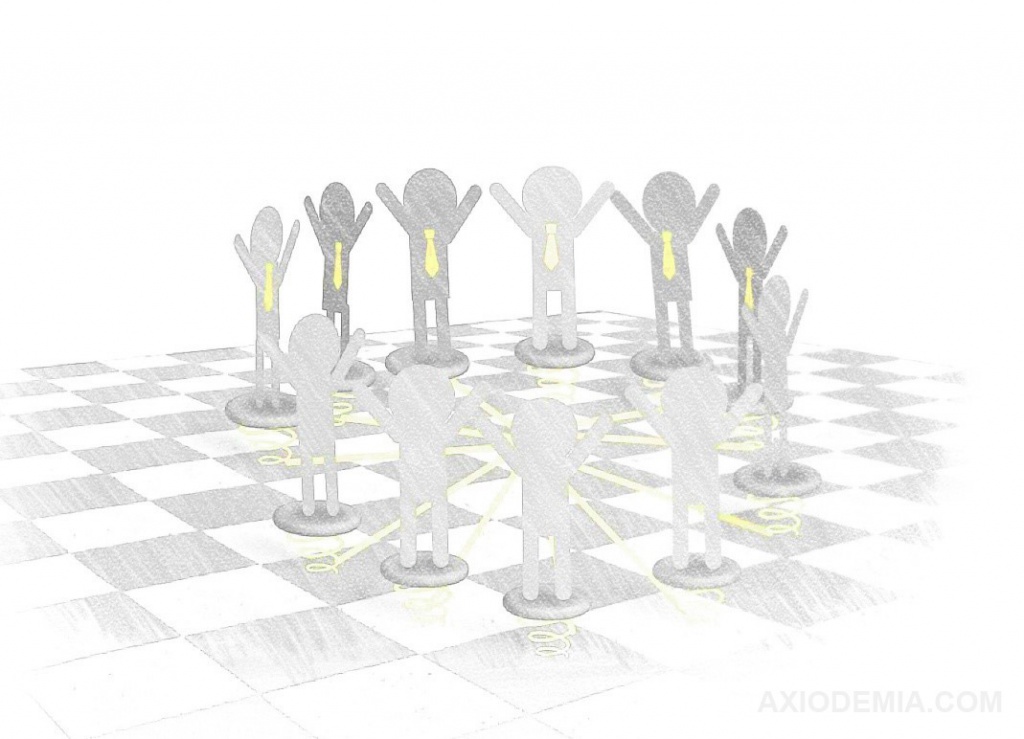
I think that, for a state with population of up to 500 million people, 30 persons are enough to be members of the Higher supervisory board, that is 3 experts in each direction, thus there can be from five to eight candidates.
Election takes place through AI database. In each of ten directions, 5 candidates are elected, from which 3 become experts of the Higher supervisory board. Experts of the Higher supervisory board elect the chairman by secret ballot, a chairman is also selected for each direction. However, it is necessary to note that chairmen have the same voting power as all other experts, and they are elected only for the best organization of joint work.
If a HSB candidate supports any party or is related to it, then in case of being elected as an expert, he is obliged to quit the party and to work being guided by the laws of the state related to the HSB.
AI executes the first stage of election of candidates. Then they are approved by the Ethics board. If for any reasons not considered by AI, a candidate is not elected, AI selects another candidate. Reasons for rejection can be, for example, a previous conviction, mental deviations, nationalist sights, untrustworthy information in the characteristic, etc.
After AI selection and approval by the Ethics board where candidates are checked and their participation in voting is confirmed, elections are held by two main stages as it was described above: all-state national open voting, in the electronic form proposed by the scheme of “Axiodemia” conception. Thus, calculation of votes is carried out by majority system. The closed election system means presentation of each candidate in each separate profile. Thus, there is filtration by principles of "social recognition" and “professional competence”.
In the closed election system, votes are equal to points: from zero to ten on the point band with decimals as it was noted above. Each candidate of a certain direction can estimate each point once. Results of popular vote are declared only after internal voting, in order to neutralize influence of candidates on someone's interests.
Refusal of assessment is not allowed, as well as assessment in favour of oneself, due to importance of the format of elections.
Then points are converted into percent. Further on, they are summarized with percent of votes by the results of popular vote. That is, a certain quantity of votes includes from one to ten points. For example, if elections of experts of the legal department take place, from five candidates only three remains three by internal voting; each direction is voted separately.
Points are summarized and calculated, based on a candidate who has received the maximum percent of popular votes. For example, a candidate has received 30% from people, it means that the maximum point in the best variant if four out of five candidates give 10 points to one candidate in the secret ballot, then the total is 40 points. While converted into percent, it is 15 % – the result of summation is 45 %. That is, initial calculation is held this way: any gained point of each candidate is assessed as 50 % of maximum votes of popular voting received by the candidate.
If the number of candidates is more, all calculations are done by the above-specified rules. The maximum allowed number of candidates for one direction is from 5 to 8, thus, each state can limit their number in advance.
For example, one of the options: there are 8 candidates and if during balloting, people give 50 % of their votes to a candidate, it means that in the best option in each direction, if 7 persons during balloting give10 points to the same candidate, then the total is 70 points. When converted into percent, it is 25 %; the result of summation is 75 %. By means of such a method, it is possible to count and define any total figures by percent and by points. After summation, the first three candidates who have the highest percent become members of HSB, that is by three experts from ten directions.
In which cases the number of the selected candidates can be more or less than the designated one?
As it has been already noted, at first candidates are selected by AI. Further on, nominees are adjusted and approved by the Ethics board. At this stage before public voting, expression of discontent in relation to any of candidates or aspiration to put forward another one is allowed.
For example, we have 5 candidates selected by AI. If not less than 7 % of votes are against this or that candidate – in this case the candidates who have received more 7 % of votes, are excluded from the list and if, on the contrary, other part of the population gives more votes for this candidate, then he remains.
Voters can exclude only two persons from the list of five people, thus they must select other candidates so that their number should be not less than five, or AI makes selection instead of voters.
Voters can select up to eight candidates for each direction; in any case they should comply with the above-mentioned norms.
It is necessary to note here that it is necessary to add people of intellectual work in the list of candidates, including scientists and representatives of creative professions (from 0.5 % of the total number).
People can put forward their own candidates, for example, through the public chamber. They should comply with all norms, obtain approval of AI, the Ethics board, support by electronic ballot of voters with maximum 7 %.
Elections of the HSB after approval of the Ethics board last three days: on the first and second days, electronic popular voting takes place, on the third one – internal voting.
Half a year prior to the beginning of elections, debates take place with equal speeches on television channels, and also questions-answers from citizens in online mode.
Pre-election street propaganda with attraction of financial assets under is not authorized by the law. Members of the HSB can be elected for 12 years, with the right of the second term. The initial qualification age is 53, the final one is 79, with possibility to retire at 65. A candidate can apply for the second term if he / she has at least 3 years before he / she is 79. For legal and other infringements of specific persons of the HSB, there is responsibility designated in the regulatory system.
With such an approach, we should consider that the state will not require a considerable quantity of officials, deputies: two parties are enough, thus, through reducing officials by 20 %, it is possible to forward the saved money to the budget of the state for payment of compensation to HSB experts and for other purposes.
The voice information robot of AI is provided to each expert group. A trained secretary in the image of a person for which data on various indicators and events occurring in the world and in the country are constantly updated, can promote considerably work of experts and decision-making at any level. Certainly, that, besides it, there will be s assistants.
Let's consider advantages of HSB with AI participation:
- Legislature testing, including applicants for the position of the Head of the state;
- Legally equal powers with the Constitutional Court: criminal legislation, personnel selection, the constitution;
- Independent Investigatory body which protects interests of citizens, considers personnel and ordinary complaints;
- Supervision of observance of ethics by legislative and executive branches of power, and also of financial budgetary expenses and operation of natural resources;
- Analysis and estimation of external and internal policy the Head of the state;
- Equal powers of discussion of strategic questions the universal supervisory board.
With full confidence, we note that without a due state arrangement by example of HSB, the state system existing on the global scale on the basis of liberalism and capitalism will revive totalitarian control modes that will lead to national excitements and discontent, and periodic revolutions, that we can observe already nowadays.
It is necessary to note that in the capitalist system and democratic system of power arrangement, it is practically impossible to protect business from participation in politics. The changes proposed within the framework of “Axiodemia” concept will enable to minimize this issue, including its corruption component. In particular, they are HSB project, land reform, and also other transformations softening laws and giving more freedom to citizens.
With the HSB, the freedom of speech will be limited only by reasonable law limits. With this mechanism, each citizen will understand in due course that the power uses its best efforts for improvement of life of society each member.
We propose the institute of HSB as a political arbitrator. Nowadays, almost in all states, in case of majority of mandates, one or another political party has advantage of votes when accepting laws and decisions, which, in my opinion, leads to authoritative and manual control system, has serious social consequences and influences the foreign policy vector.
The project proposed by us excludes such phenomena, limiting them legislatively: the chairman of the Legislative Assembly or the head of opposition, if necessary can officially address structural bodies of HSB.
For example, if the issue concerns international relations, agriculture and other spheres, three experts of the relevant department review the specific issue in detail. In case of difficulties, all HSB members get together, and the meeting of HSB members can make a decision, refrain or reject. If the case is of legal nature, the legal department of HSB will participate.
HSB operatively reacts in case of acceptance of inefficient laws by regulatory authorities. It estimates and analyzes according to available data, reason of national excitements, meetings, oppositional actions.
Powers of institute of presidency of the Axiodemy states will be partially limited.
It is possible to say with full confidence that when the power has strong and wise governors collectively making decisions in the course of work, people understand clemency of accepted decisions and support them. With full and correct functioning of HSB bodies, it can assist the state to keep its internal arrangement and force, and also to conduct competent and flexible foreign policy, to help create maximum quantity of the benefits for its citizens.
Each 6 years during the 12-year-old term, one person is replaced in each HSB direction. It is possible to re-elect the chairman each 3 years so that that they aspired to show the best results in work. It is necessary also for safe joint long work. In order to exclude on one expert, it is necessary to pass ballot, by 10-point scale, with participation of the HSB general council consisting of 30 persons. The head of the state and the chairman of the opposition party also participate with equal votes.
AI proposes two nominees to the position of each expert. Possibility to put forward 1 candidate from the people is allowed. Thus, all process should pass by the earlier described mechanisms.
In the states with the population of more than one billion persons, the quantity of experts will be higher. The mechanism of work is the same for all variants – the difference is only in ratio. In this option, we describe further work of HSB in general.
It is important that the number of representatives of each category can be from 15 to 40 persons. Out of these 40 participants of the symposium only 10 persons (and the elected chairman) will participate in the Project as members of the Supreme Supervisory Council. There will be a total of 110 members from 10 categories.
HSB election board discusses and summarizes problems of the state, and twenty days prior to the elections convenes a three-day symposium of each category is convened, which is the start of the pre-election process. Leading representatives of the ten categories of public institutions prepare questions for candidates balloting for different levels of power. The program fully excludes the possibility of any information leakage.
As it was said earlier, participants of symposiums cannot belong to any party; members who stick to radical national and religious beliefs are also excluded, because the Supreme Supervisory Council which controls the elected president, is accredited with the people’s great trust and protects its interests.
Members of the Supreme Supervisory Council partially possess the status of inviolability and are urged to care about welfare of the whole humankind. They answer to the people, who have boundless trust in their best representatives, and to the president who trusts their authoritative judgements and listens to their advice.
The Supreme Supervisory Council (including the chairman) is partially updated every 6 years, according to the duration of the president’s rule, by an internal vote. That is, it is another power institution which exposes all drawbacks and advantages of the rule of this president and his government, and namely it watches and assesses the president’s activities throughout the whole term.
The Supreme Supervisory Council does not leave any ways to achieve personal gain and makes impossible the misuse of state assets and country’s natural resources both for personal advantage and in the interests of narrow political circles.
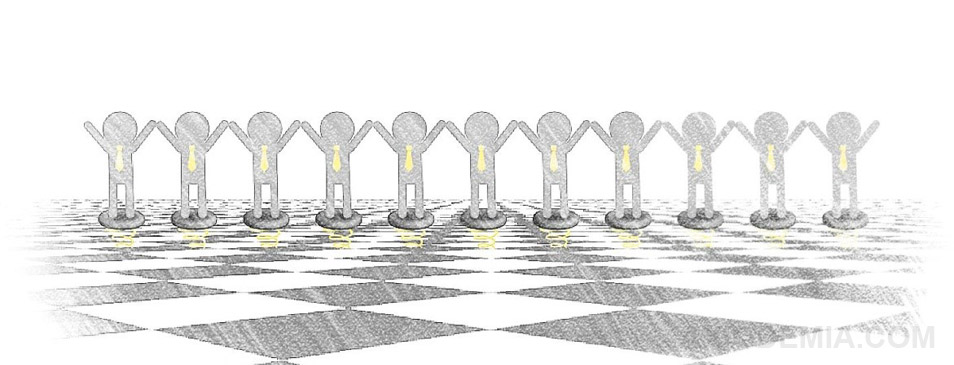
Testing of the President
Citizens elect the president and other public officials in the hope of a better future. However, when electing these people, we have insufficient information about future leaders. To elect a worthy ruler, it is necessary to find out the way of thinking of the future president, features of his psychology, capabilities and talents he is ready to apply in order to develop the state entrusted to him.
And that is the aim of the complex system of testing of the president proposed by us (concerning resolution of issues of social, political, economic and other directions). This system enables not to test the professional knowledge of the candidate, but to see a model of human behavior in a situation in search of solutions of important state issues under real conditions, and also to see how adequately and humanely the reasoning of the head of the state has been.
The system of testing the president and further control his work enables election to the position of the head of the state a person whose mental capabilities will give him an opportunity to positively adjust the situation in the country and in the world.
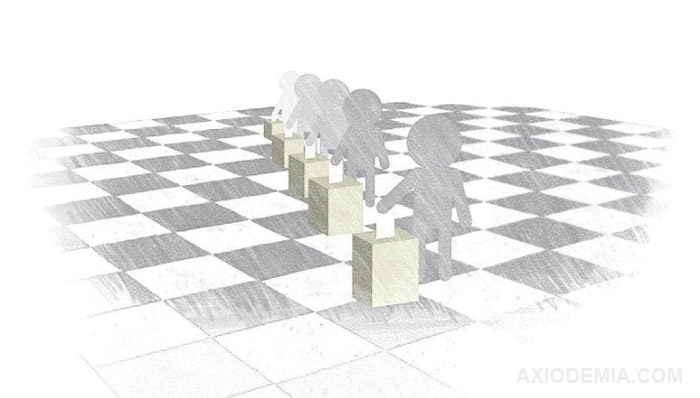
That is to say that the criterion for the election of candidates to an executive position is not dependent on national or religious identity of a citizen, but his management, mental and creative capabilities identified and confirmed during free elections and academic testing. The general election of the president must be only the first step on his way to state governance. The second necessary step is obligatory testing developed by the Supreme Advisory Council of the state and related to different spheres of life.
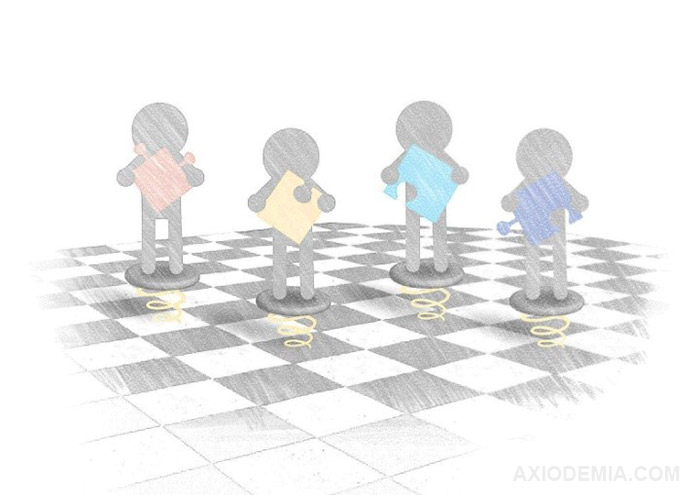
In the Legislative Assembly of Axiodemic states, based on our calculations, it is expedient to organize participation of two parties. Each of two parties̆ puts forward one candidate to the position of the president. And two more nominees are put forward by AI from the database, then they are approved by the. If a candidate selected by AI does not correspond by assessment of the Ethics board, the AI selects another one. And, as it was said earlier, people, with at least 7 percent barrier, have a right to reject or put forward a candidate, by means of electronic voting. It is allowed to propose from four to six candidates. All of them participate in the election process of the head of the state. In due course, we assume presence only of one political party in Axiodemia system, thus the quantity of candidates to the position of the president is three or four. Two candidates will be put forward by the existing party, two other ones – by AI.
Thus, political activity depends on economic and psychological factors in connection with achievements of Axiodemia system – implementation of the testing mechanism and provision of people with minimum economic resources. It will affect political behaviour in the form of decrease in interpersonal competition and leveling of personal psychological complexes which are manifested in political participation.
Testing presidential candidates represents 300 practice-oriented questions from 10 categories. The candidates are asked to answer 77 questions (72 – practice-oriented ones to check rationality of their thinking, 3 – philosophical ones, 2 – of personal character).
Broadcasting of the whole preparation procedure and testing itself takes place in real time; questions and answers are not circulated to the mass-media.
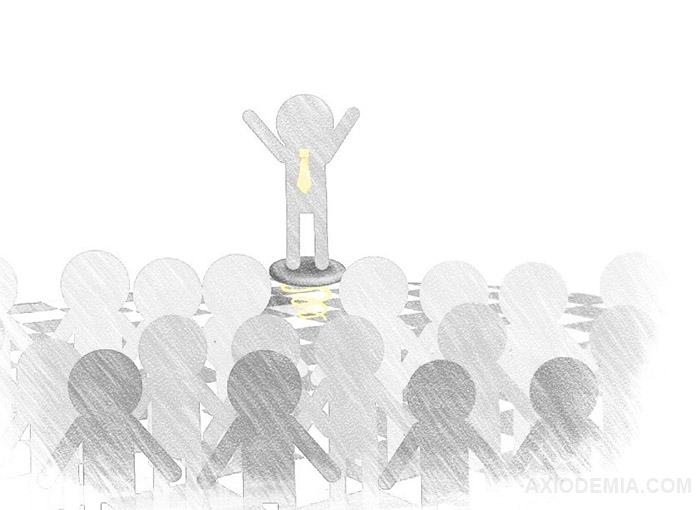
After electing the president, work on the Project does not come to an end. The Supreme Supervisory Council (consisting of 11 persons from each direction) continues its work: assesses the activity of the president and submits a report about its results at the end of the third year of his rule. On the 11th day of work, the Supreme Supervisory Council is convened to deliver the final judgement on the president’s activity.
110 persons have a general discussion, then split into ten groups in corresponding to their categories and have local discussions, as a result of which everyone gives a grade for the president’s activity during his three year term based on 10-score scale with use of decimals. The ratio for total calculation of received points for testing and electoral votes is 700 points = 50 percent.
Members of the Council are independent experts. They observe the president’s activitiest, without interfering in his work and promulgating the results of their supervision until the end of the third year of the president’s rule. At the end of the third year, the chairman of the Supreme Supervisory Council, summing up the results, publicly reports to the people on the basis of the collective expert assessment of three years work of the head of state.
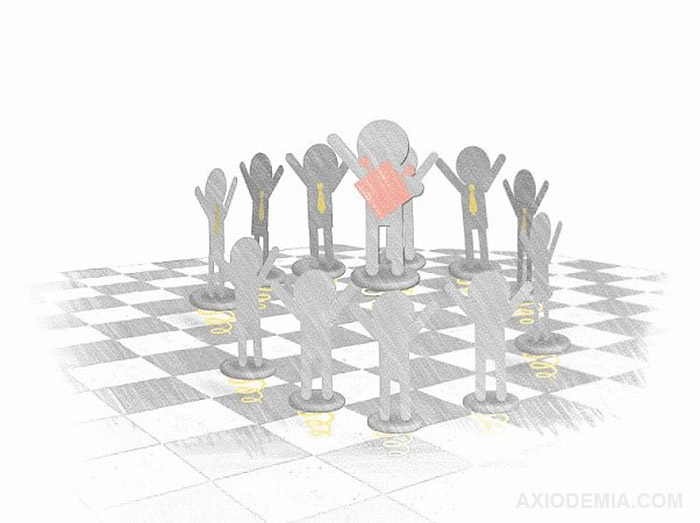
In the case of neutral balance in the country (up to 550-600 points) or in presence of a trend to positive changes in state life activities, the president continues his work; thus arises a necessity for serious analysis and discussion of the results of presidential rule during the first half of his term. A closed-type symposium is convened for this purpose. 110 members of the Superior supervisory board and the head of state take part in the symposium. In the course of discussion, the president declares his achievements and involuntary errors; participants of the symposium, from each category, develop and offer ways to eliminate negative consequences of incorrect state decisions, and discuss methods for positive changes.
If the president’s activities meet the expectations of voters, correspond to duties and powers of the head of state, is aimed at preservation of social, political, economic and peaceful balance in the country and abroad and is assessed by more 550-600 points, the president continues his rule for the next three years.
In the case of successful work (the average rating of two three-year terms is more than 700 points) at his position, positive changes of life activities of the state entrusted to him, realization of reasonable and wise internal and external policy, the president can occupy his position for two terms, that is he has a right to stand for the second term during new elections without testing. If the elections are successful for him, he continues his rule (but for not longer than for12 years).
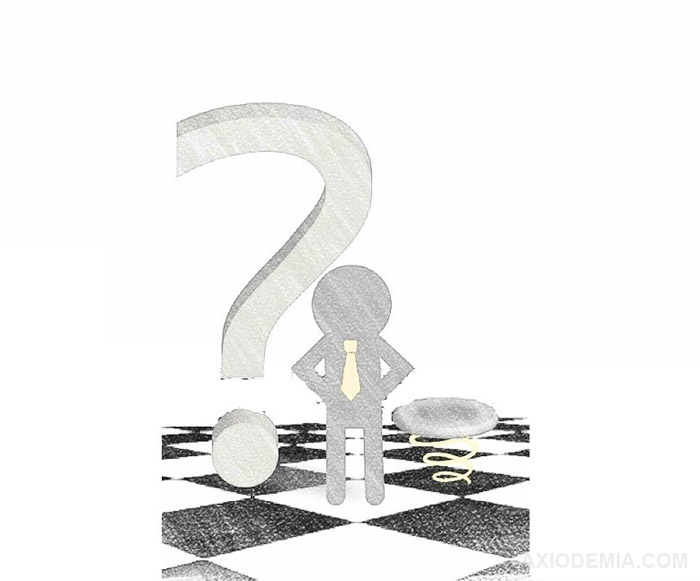
In exceptional cases, if during his three-year rule the president commits serious offences or crimes against country’s law, the people or humankind, the Supreme Supervisory Council has a right to declare and, if necessary, to levy financial losses from the president and his accomplices, to displace him from his position, submitting his case to the prosecutor's office. Thereafter, a candidate who has taken second place during the testing is automatically invited to the position of president.
The SSC – Supreme Supervisory Council
SSC members are invited to test candidates at all electoral levels. Testing of deputies at federal, regional level, including governors, is in two sections:
- Theoretical - general basic theoretical knowledge.
- Practical - ability to analyze, synthesis, assess, practicality and rationality of thinking.
The testing of municipal deputies consists only of a theoretical section.
The first section consists of open questions, assumes a free form of answer and is checked by members of the supervisory commission. The second section consists of closed questions with unequivocal answers and is checked by the automated calculation system. The grade for testing of theoretical questions (only two options) is 0 or 10 points, for questions to check rationality of thinking - from 0 to 10 points with use of decimals.
Intermediate assessment of rational thinking and practical questions is a point system defined by one of three levels: maximum - 7-10, average 0 7-3, minimum - 3-1. There is an additional criterion assumed for the assessment of answers which are of positive, neutral, negative character - concerning the degree of their possible implementation in the present or future in a maximum humane way. Questions in this block are ambiguously directed, provocative or a priori assuming a personal answer. Their form changes through answers both to local and complex questions, which enables the assessment personal qualities: universal values, width of thinking process of candidates, level of rationality and intelligence of proposed ways and solutions of problems which individuals and the whole humankind are faced with. In each section, one question is of confidential nature. Questions are programmed by time so that after a break there will not be another opportunity to answer. Questions are of various levels of complexity - local, regional and global. The percentage ratio of questions in tests varies depending on the level of political representation.
Let us note that the number of questions in each category differs depending on the test level.
Members of the SSC who check qualification tasks have no data about candidates who passed the test, as there is a biometric system of registration, recognition and double coding through comparison of face, fingerprint and a certain symbol which is herewith not displayed. The symbol is the only tool which helps make automatic comparison of the test results and the person through candidate’s second personal presence and use of his biometric data.
In case there are complaints and clarifications regarding theoretical questions of the testing, it is possible to address them to the chairman of the SSC to get an explanation of a specific correct answer. Applications about practical and rational thinking answers are submitted for repeated review by the board, its judgement is incontestable.
The number of SSC points and the number of received electoral votes are not equivalent. Results of people’s vote are relative to the total percentage of electoral votes, that is one percent is equal to a different number of votes in various regions, considering the unevenness of the population density.
List of categories which candidates must be knowledgeable in to pass the test:
- Health protection.
- Industry and agriculture.
- Education and culture
- Economics and finance.
- Political management.
- International relations.
- Law enforcement.
- Justice and judiciary.
- Space technologies and ecology.
- Country defense.
Summing-up results and access procedure for testing of candidates for legislative bodies of federal and regional level:
Candidates who have passed the electoral barrier of the first round of general vote for federal or regional parliament are joined by those candidates who have not passed but are in the top 25% of the number of passed candidates, and all of them are admitted to the second round.
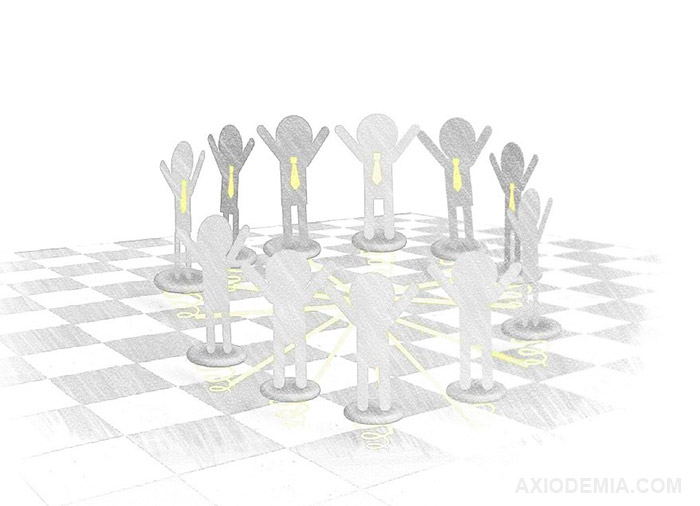
Testing lasts two days: the first one is for theoretical questions; the second is for practical and rational thinking questions. Time allocated to think about answers is 7 minutes for theoretical questions, and 10 minutes – for practical and rational thinking questions.
Thus, theoretical questions represent a test form of half-closed type, i.e. for each question it is necessary to choose the correct answer out of three given options or to give one’s own additional answer to a test question both in print and verbally through a microphone, up to 2 questions in each category may have no correct answer option, in this case the correct answer is given in the line below.
The minimum determined threshold to pass the test is 170 points. Candidates who have not gained enough points, drop out the electoral process.
The average co-efficient is calculated by ratio of number of received testing points in the second round, converted to a percentage added to the result of public elections of the first round. At the end of this procedure, a candidate who has received the highest percent is declared a winner.
Election of deputies for legislative federal bodies
Popular vote.
The number of votes received by each candidate is recorded by the supervisory commission and is distributed according to the order of the party list of candidates and additionally includes 25 % who passed the first round, and the following stage of election campaign - testing starts for them. The purpose of such an extension of the candidates list is a necessary compromise between public and scientific recognition, in leveling and mixing of the two extremes.
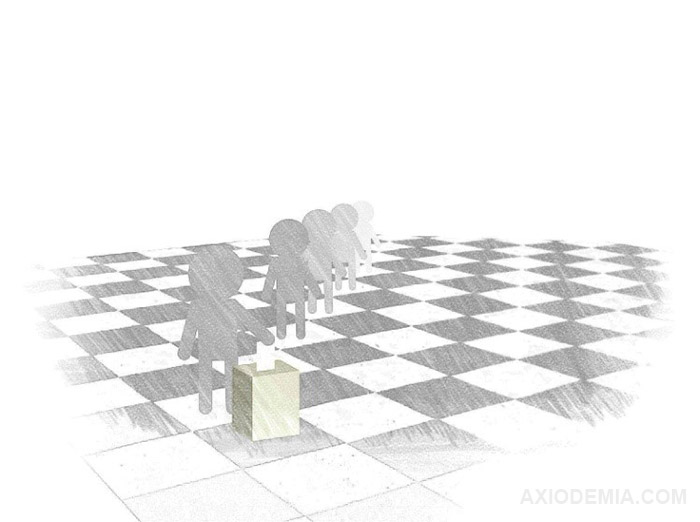
Testing
Candidates answer 73 questions out of 280: 44 theoretical ones, 26 practical and rational thinking ones, 2 philosophical ones, and 1 personal question.
For total calculation of received testing points and electoral votes, the ratio is 700 points = 50 percent.
Election of deputies of regional parliament
Procedure for free popular vote to express one’s will takes place. The number of votes received by each candidate is recorded by the supervisory commission and is distributed in descending order of candidates who have already passed a certain election threshold (approximately 5-7%), and additionally includes one quarter of candidates who passed the first round, i.e. those who have not passed the electoral barrier, and the following stage of election campaign - testing starts for them. The purpose of such an extension of the candidates list is a necessary compromise between public and scientific recognition, in leveling and mixing of the two extremes.
In total, out of the proposed 275 test questions from 10 spheres, it is proposed to answer 73 questions: 50 – theoretical ones, 20 - practical and rational thinking ones, 2 - philosophical ones, 1 - a personal question.
For total calculation of received testing points and electoral votes, the ratio is 700 points = 50 percent.
Election of governors. Popular vote

Procedure for free popular vote to express one’s will. The number of votes received by each candidate is recorded by the supervisory commission and distributed in descending order, only the first three candidates are determined for whom the following stage election struggle - testing begins.
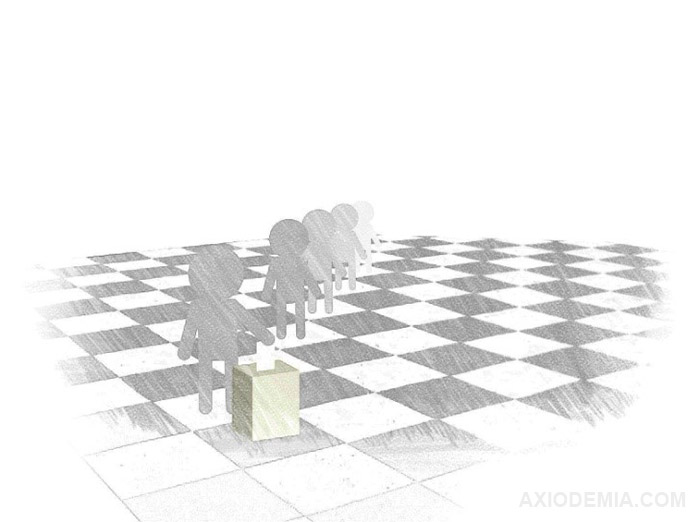
Configuration of the test
One day prior to the test, the questions are transferred in electronic form to the Central Electoral Commission. Questions are automatically mixed up by means of computer software, they are further distributed into 2 sections - theoretical and rational thinking and practical ones, by 10 categories in columns identified by serial symbols, questions are displayed on individual screens. That is to say that candidates answer 70 questions out of 235: 39 theoretical ones, 31 practical and rational thinking ones, 2 philosophical ones, and 1 personal question.
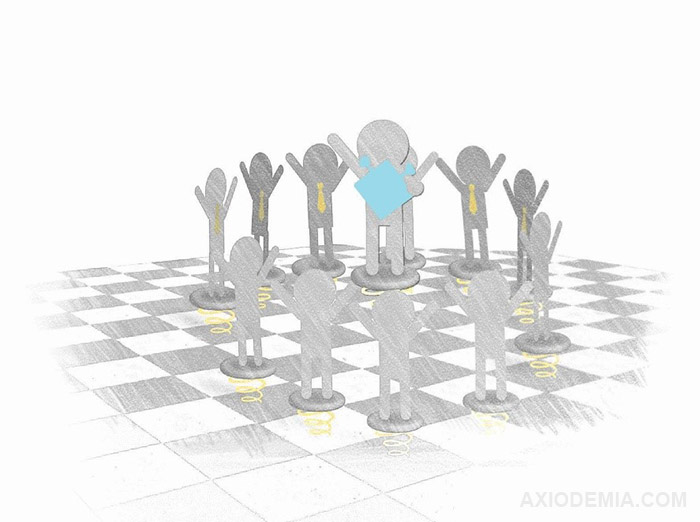
For total calculation of received testing points and electoral votes, the ratio is 700 points = 50 percent.
SSC (Supreme Supervisiory Council) of axiodemic states also establishes the number of representative bodies of the first assembly of municipal formations, terms of their powers and appoints the date of elections.
Process for the election of municipal deputies. A system of two rounds
Testing at the municipal level in various directions at the initial stage of political career of deputies is important for gradual increase of general competence of candidates and protection of values and interests of the people. The number of participants is not limited, but there are restrictions in terms of presence or absence of residence permit, previous conviction (except for conditional one), medically confirmed mental deviations. These rules apply to all levels of the electoral process.
Candidates standing for elections of deputies of different level, get AI access which means: in the AI base they must have certain quantity of points, and also should correspond to other (specified earlier) parameters, and pass the Ethics commission.
Stage 1. Formation of the test
On the day of the test, the questions are transferred electronically to the Central Electoral Commission. Questions are automatically mixed up by computer software and distributed into the 2 sections - theoretical and rational thinking and practical ones. Ten categories in columns are identified by serial symbols. Questions are displayed on individual screens. There are 3 to 15 theoretical questions in each category, but the total of questions for each candidate is 73 - that is 70 theoretical questions, 2 philosophical questions and 1 additional personal question. The whole test consists of 355 questions to check the theoretical knowledge of each candidate. Questions represent a test form of half-closed type, i.e. for each question it is necessary to choose the correct answer out of three given options or to give one’s own additional answer to a test question both in print and verbally through a microphone. Up to 2 questions in each category may have no correct answer option, in this case the correct answer is given in the line below.
Candidates of any level must choose not less than two directions. Thus, the total of questions is transferred, but the total of them does not change. Assessment is done by AI together with HSB by ten directions described earlier.
Stage 2. The first round. Testing
All candidates answer questions simultaneously, inside one common equipped room where there are separate booths of tinted glass where they cannot use communication devices and information materials. There is an individual screen in front of each candidate.
Candidates are given 70 minutes to answer 10 test questions, on the average 7 minutes per question, then comes a 10-minute break. The testing procedure lasts two days. On the first day there are 40 theoretical questions, from 10 a.m. to 3.10 p.m. that is 310 minutes. The second day 33 questions, from 10 a.m. to 2.10 p.m., i.e. 250 minutes. The total duration of the testing procedure is 560 minutes.
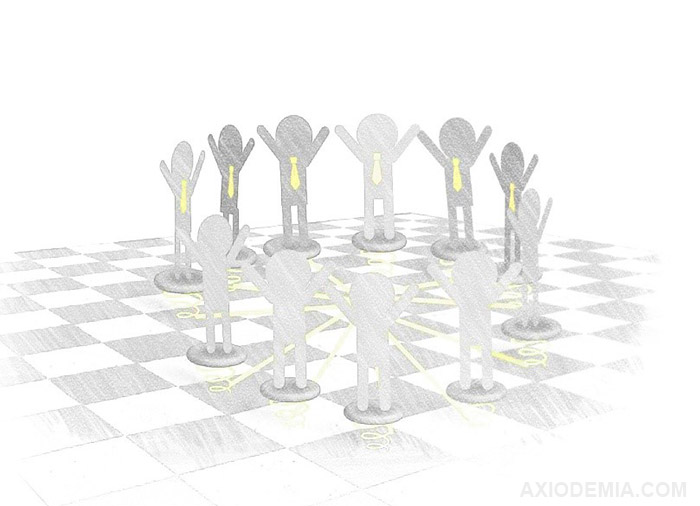
If not enough candidates have scored 170 points, a certain number (up to 9) of additional questions from various categories need to be answered until the necessary number of candidates is automatically selected.
Points from the first and additional tests are totaled and calculated on the 10-point scale. If the number of deputies is not sufficient even at this time, the threshold of points is decreased, so that the candidates who are in the first quarter of the established number of mandates of each district, are elected to the list (in the descending order).
All questions from 10 categories for each test day are different in order to prevent information leakage. To avoid any infringements of the general rules and requirements, there is online coverage of the whole testing procedure which is transmitted to all municipal districts. If a candidate has a registration in a certain place (city, village), he has the right to choose the district where he will stand as a candidate.
Stage 3. The second round. Popular vote
Candidates who have passed the established threshold of points are allowed into the second round. Then each candidate standing for municipal deputy is given time for public expression of his electoral program in his constituency.
Then a procedure for free elections takes place. The number of votes received by each candidate is recorded by the supervisory commission.
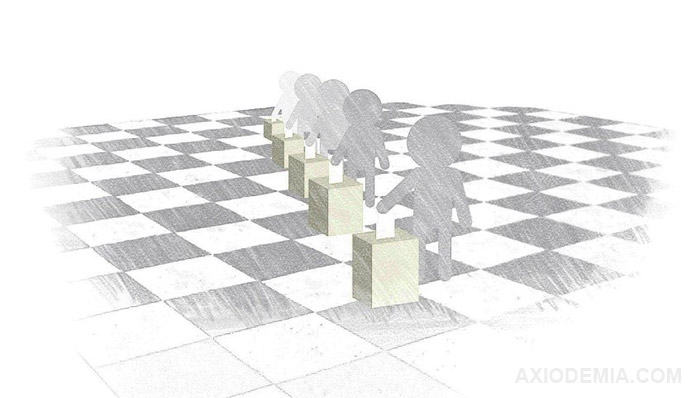
Stage 4. Summing-up and calculation of the results of electoral process
The results are checked by the automatic counting system. Within three days, all points received by each candidate are totaled and converted to a percentage based on the ratio - 700 points = 50 percent. Each candidate receives his percentage which is totaled with the percentage of popular vote of the whole population of his constituency. Candidates with the highest percentages become deputies.
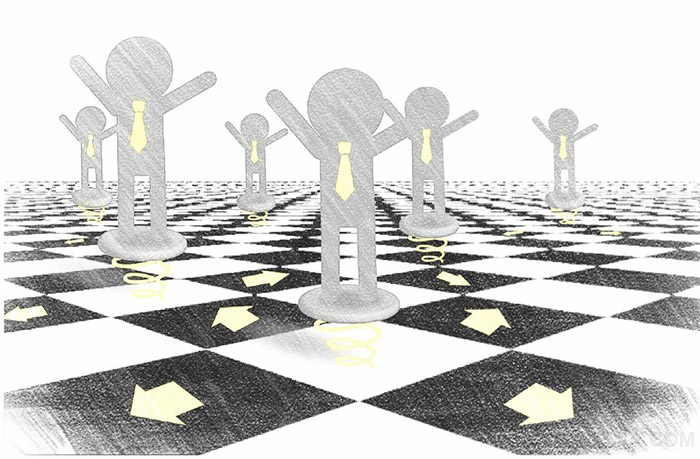
Comments
|
JONATHAN LAVINGN
22 April 2015 в 15:00
|
|
Water is at the peak of nature. Other states welcome Axiodemia.
|
|
MARTINE LEGEND, LAWYER
22 April 2015 в 15:46
|
|
[B]We have people in Africa whose level of living is much lower compared to other countries .People in power do not care about them, they only care how to make more money. I think that if the political system of Axiodemia is implemented, it will be no longer acceptable.[/B]
|
|
JAMES
23 April 2015 в 17:06
|
|
I have never heard of the word ‘axiodemia’ but when I read about the meaning of it and found out that it is all about the value of people , I instantly wanted to know more. Therefore I came to the conclusion that the humankind has something to think about.
|
|
Paul
23 April 2015 в 17:33
|
|
Greetings, I am Paul. I approve your concept about political census. But it will be very difficult to implement, because in the modern world, money and power are closely connected.
|
|
Martin
23 January 2016 в 18:39
|
|
Okay, but these questions they have to answer are testing just knowledge. How can you test morals and ethics, because that is needed in politics?
|
Last comments
XX World Russian People's Council "Russia and the...
To get the best possible alternatives to above issues, just get in contact with Perspective...
admin 07:47, 16.07.2021
This support was later revealed to be known as Project xCloud, and it will allow...
Jason Beckham 15:54, 02.04.2019
Okay, but these questions they have to answer are testing just knowledge. How can you...
Martin 18:39, 23.01.2016
Many of your ideas about architecture are interesting, but is it not too much to...
Mark 11:52, 22.01.2016
I completely agree that we need a radical land reform, but how can you do...
Zoi 13:27, 21.01.2016
I can agree with the idea that science should be more important in our world....
Pavel 10:38, 21.01.2016
The three polar world in understandable, but I do not understand how you can reduce...
PJ 00:07, 21.01.2016
CONTEMPORARY POLITICAL SYSTEMS
What kind of political system can ensure the peace and the will of the people?...
Guest 12:31, 19.01.2016
Business interests are steering much of the politics instead of the interests of the people,...
Martin 22:46, 18.01.2016
What education has been used for today? Are kids around the globe being educated to fit...
Vyom 14:30, 15.07.2015







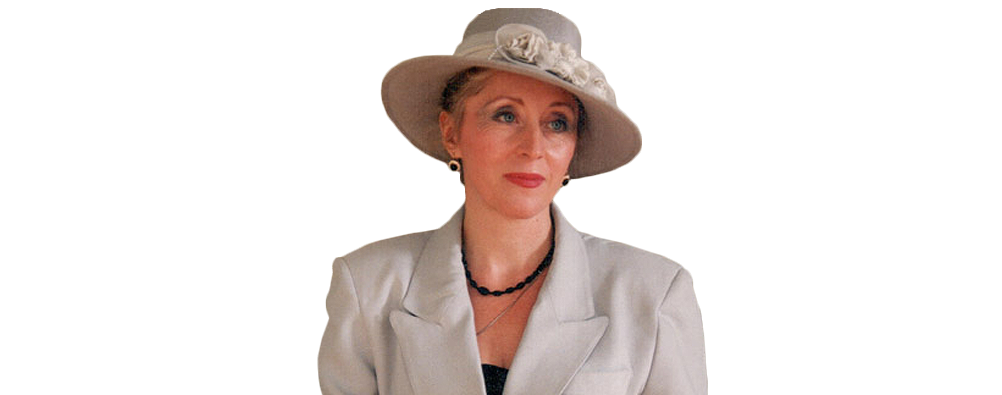
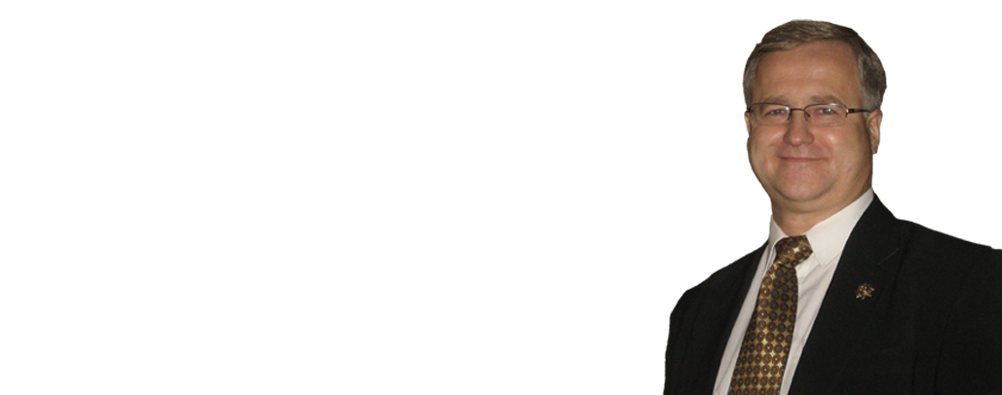
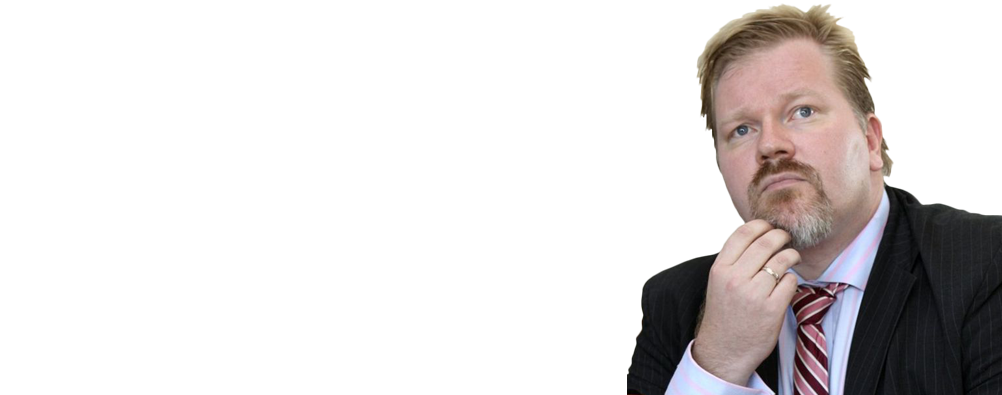
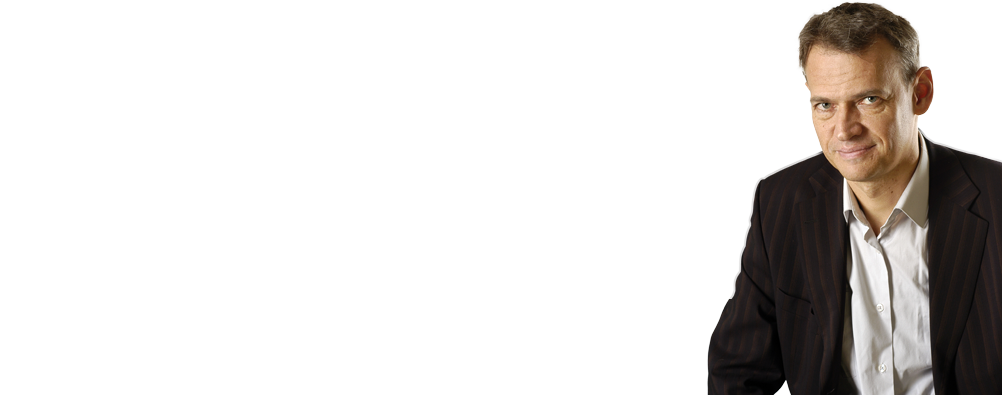
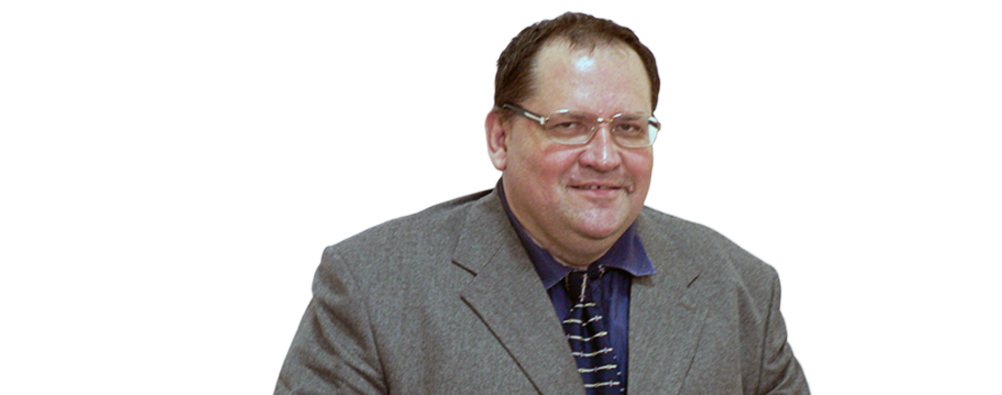
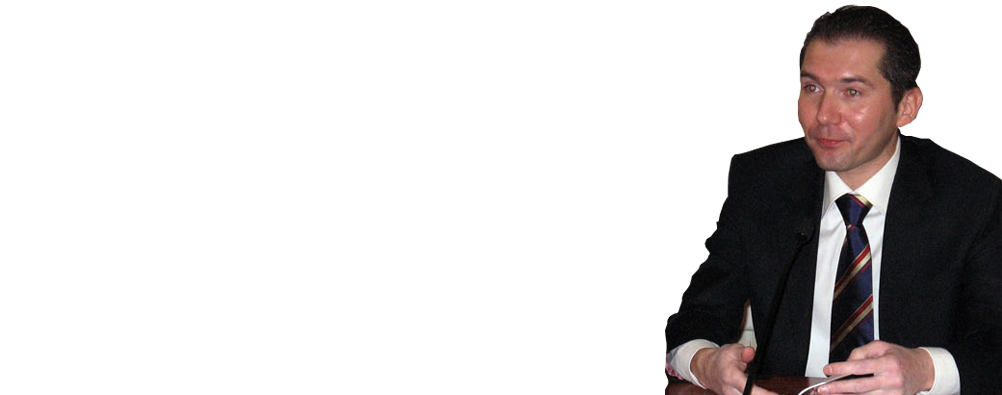
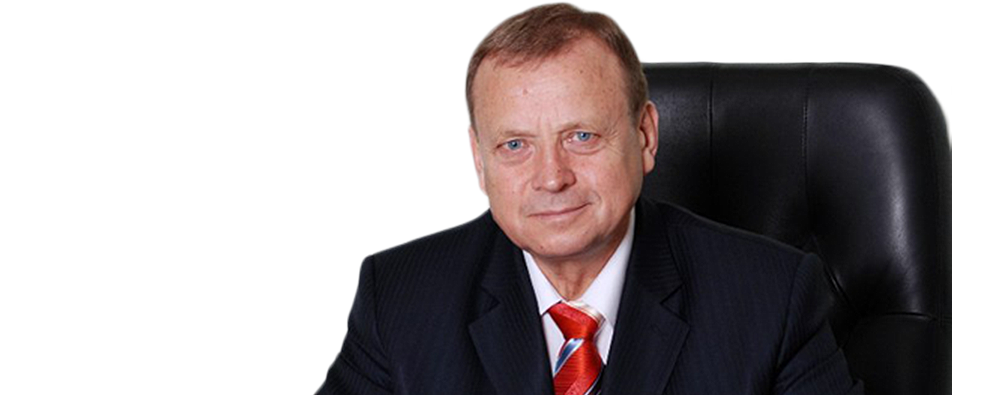
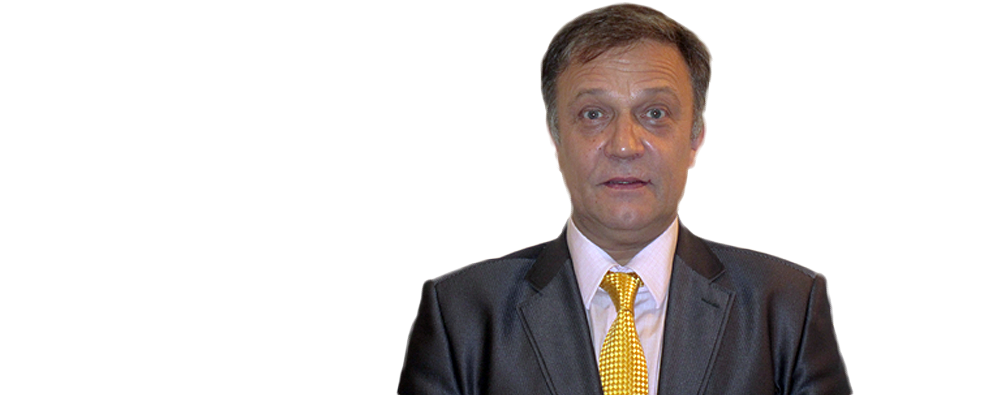

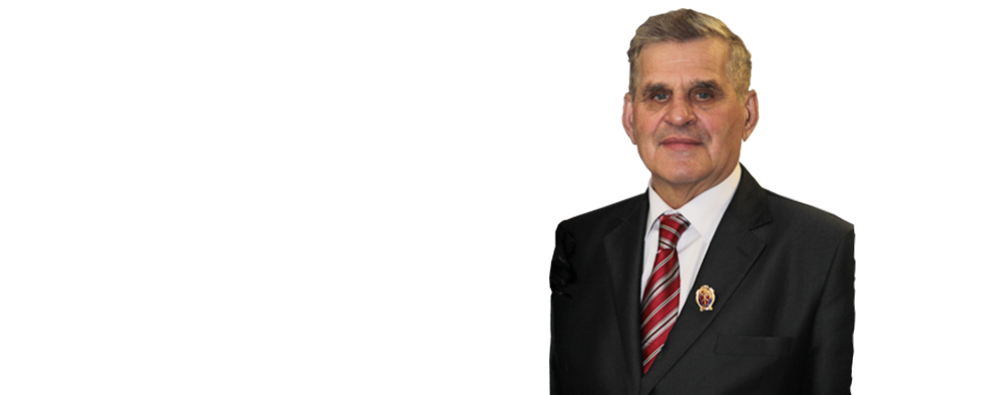
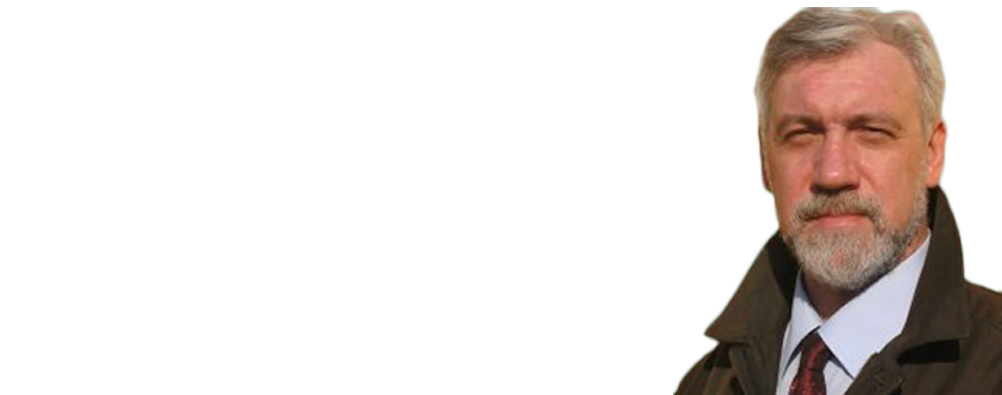
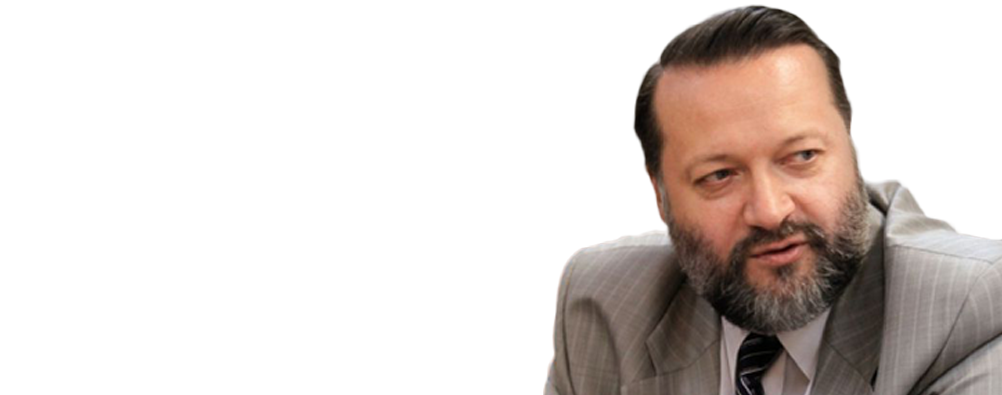
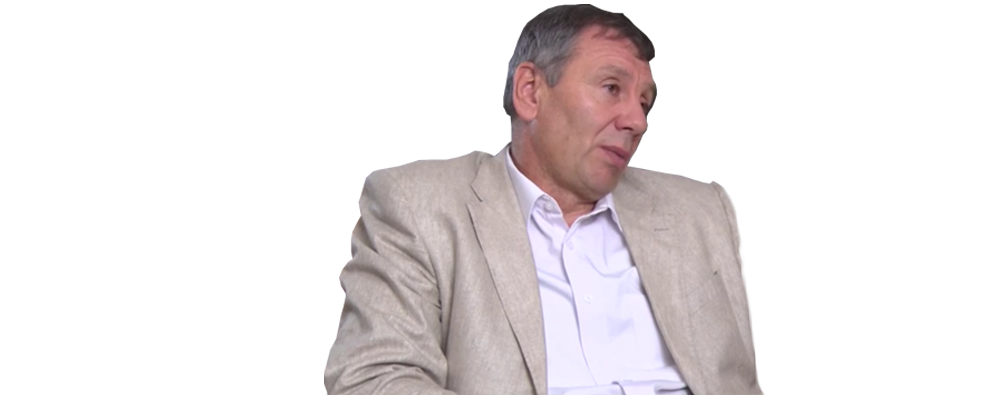

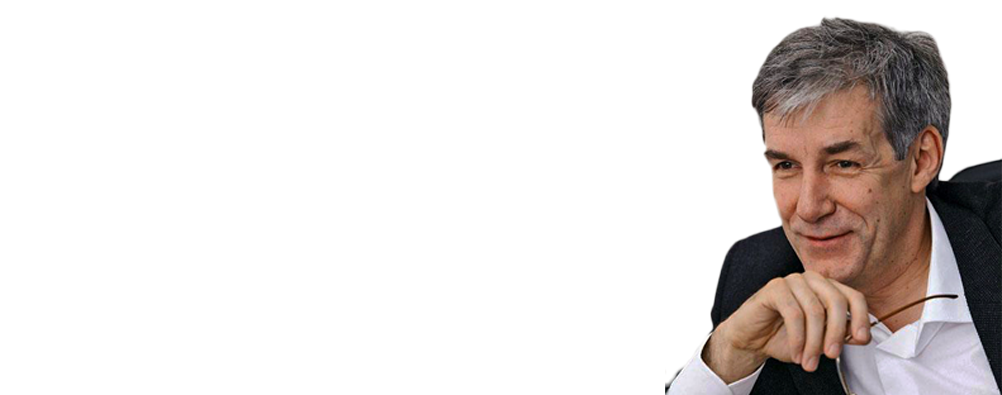
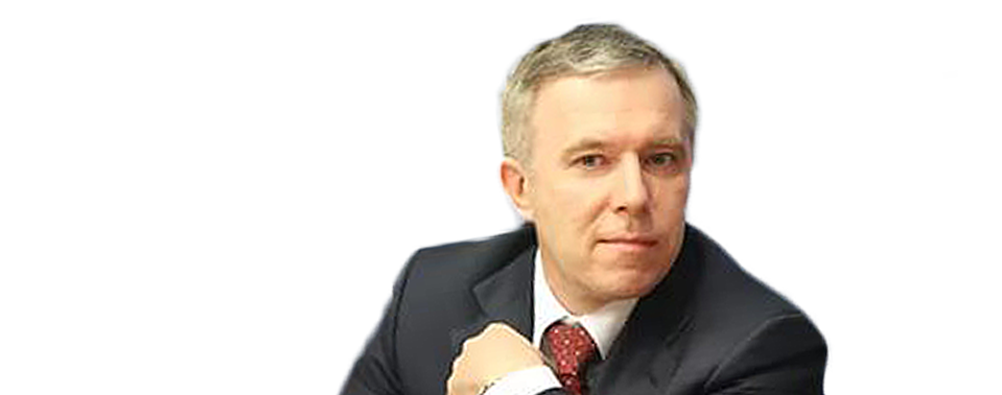
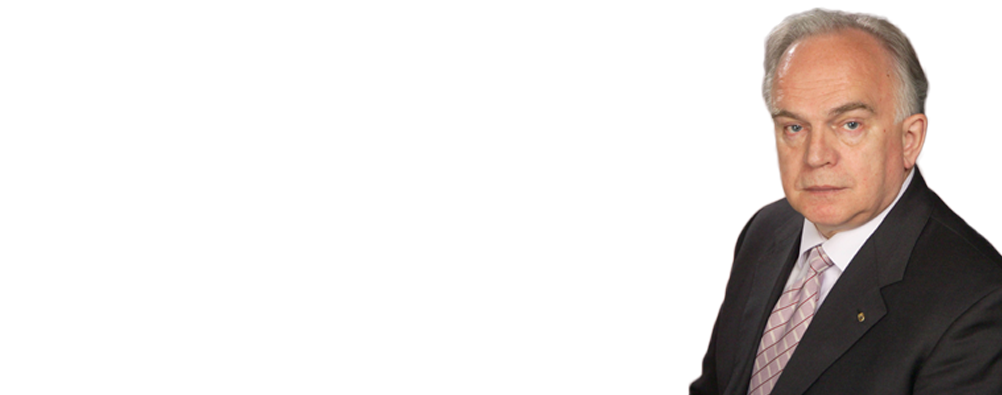
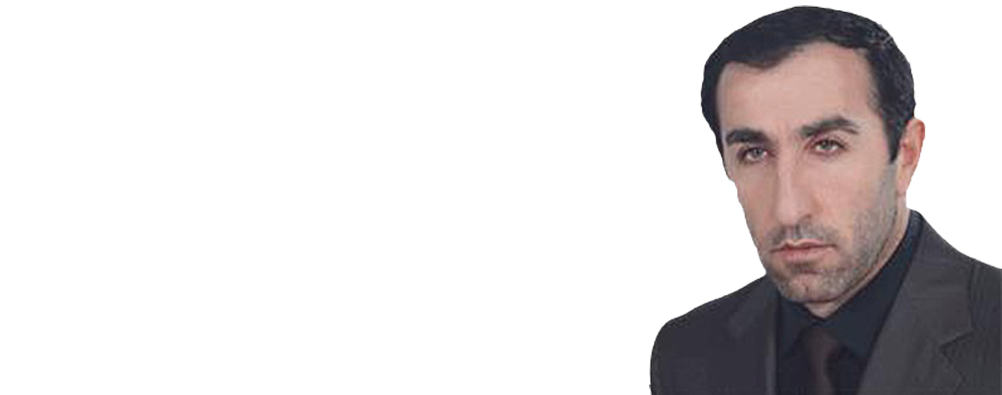
Write comment